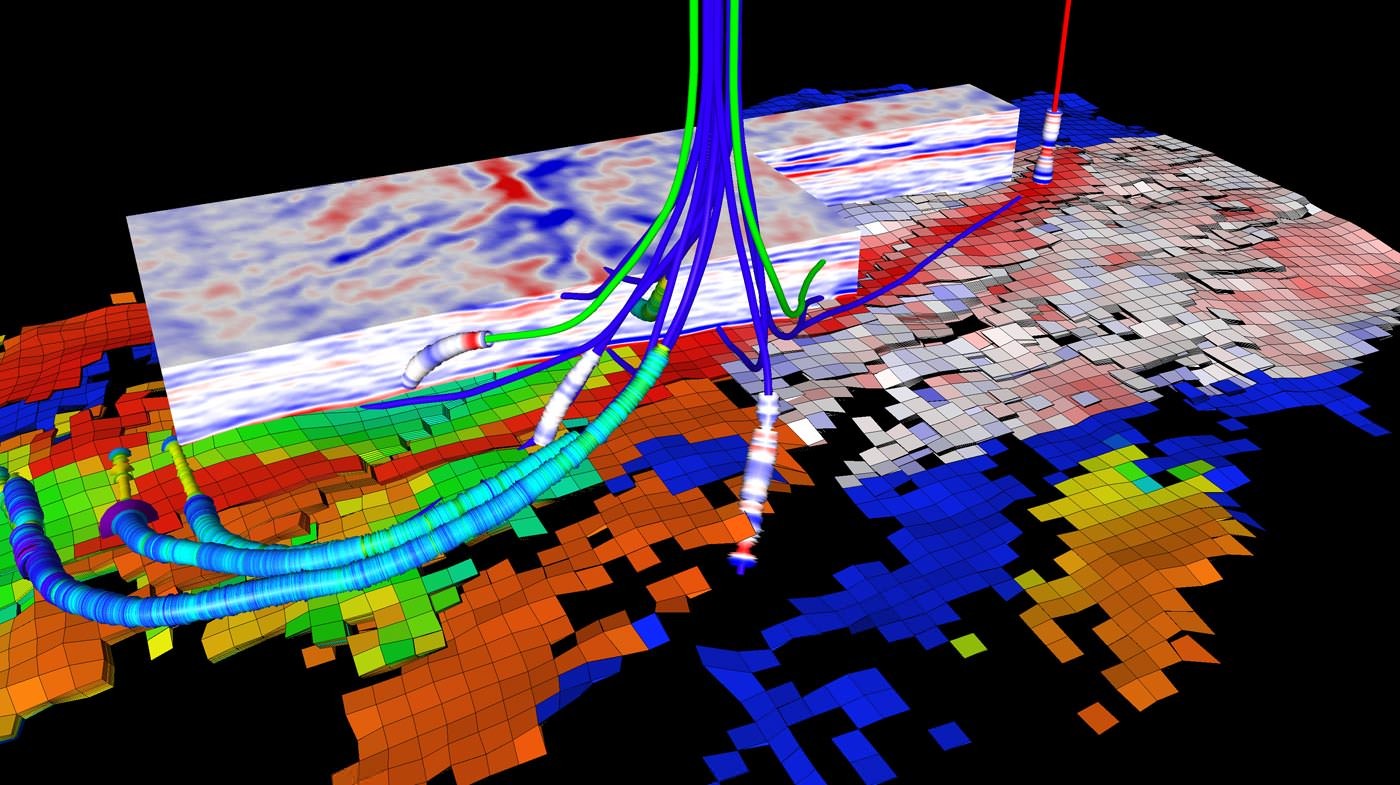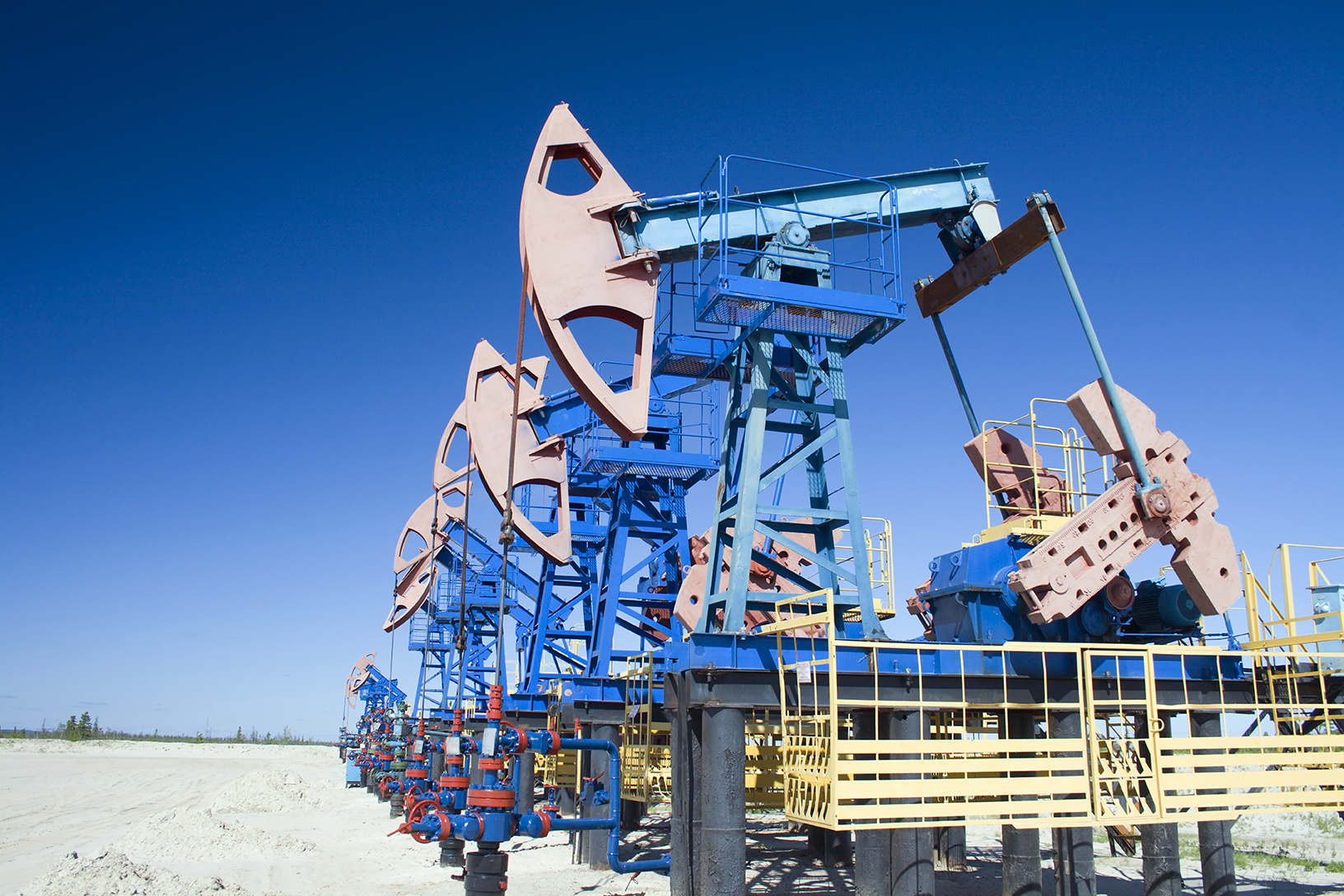

Non-geoscientists (engineers, drillers and other technical personnel) who need to work with geoscience concepts concerning the subsurface.
Course Requirement:
Science or Engineering background.
Day 1. Geological concepts
Day 2. Reservoir architecture
Day 3. Geophysics
Day 4. Subsurface interpretation
Day 5. What size hydrocarbon accumulation?
CDGA attendance certificate will be issued to all attendees completing minimum of 80% of the total course duration.
| Code | Date | Venue | Fees | Register |
|---|---|---|---|---|
| DE210-02 | 20-04-2026 | Istanbul | USD 5950 | |
| DE210-03 | 19-07-2026 | Doha | USD 5450 | |
| DE210-04 | 08-11-2026 | Dubai | USD 5450 |

This course is designed to provide an in-depth understanding of the critical operations involved in the production and management of subsurface resources. Throughout this course, participants will gai ...

This programme will provide the participants with an integrated view of the hydrocarbon production and related facilities during the life of the reservoir. It will present an overview/fundamental unde ...
Providing services with a high quality that are satisfying the requirements
Appling the specifications and legalizations to ensure the quality of service.
Best utilization of resources for continually improving the business activities.
CDGA keen to selects highly technical instructors based on professional field experience
Since CDGA was established, it considered a training partner for world class oil & gas institution
3012, Block 3, 30 Euro Business Park, Little Island, Co. Cork, T45 V220, Ireland
Mon to Fri 09:00 AM to 06:00 PM
Contact Us anytime!
Request Info